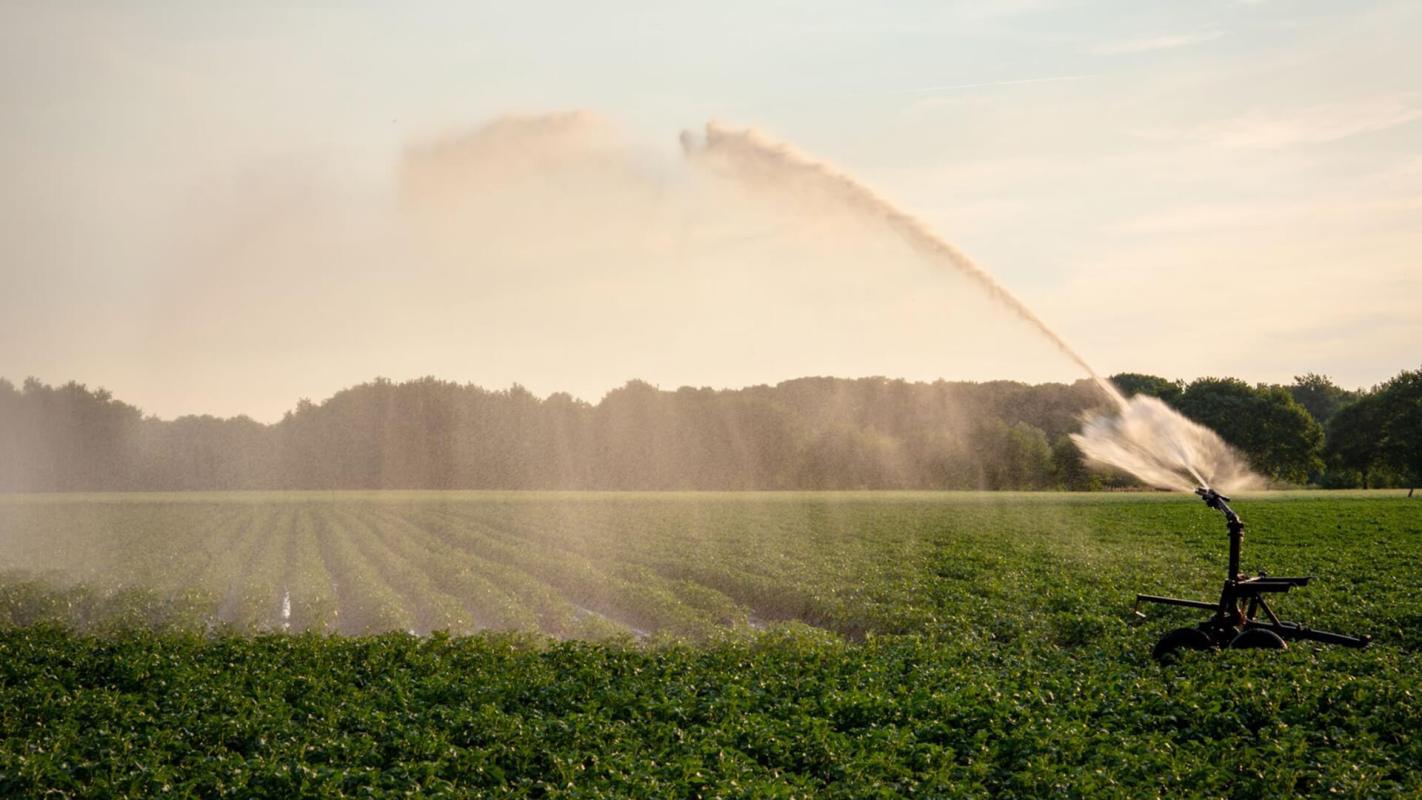There's a new alternative to fertilizers that could transform the world of agriculture: human urine. It sounds gross and almost unbelievable, but the multitude of money-saving and environmental perks of "peecycling" are too massive to ignore.
Let's address the elephant in the room: the thought of our pee interacting with plants that will eventually produce food that we eat sounds nasty. But it only sounds nasty because we assume that our food is grown with cleaner processes that don't involve waste –– and that assumption is dead wrong.
"Human waste is already being used to fertilize foods you find in the grocery store," says Kim Nace, co-founder of the Rich Earth Institute, a Vermont-based research group.
The use of biosolids containing human waste is already widespread in crop fertilizing, and the health risks associated with potential contamination from these biosolids are higher than with urine.
However, since biosolids are sourced from nature, they can be an essential part of natural fertilization, the process of using organic substances like our own waste products to improve plant growth and enrich soil quality.
The alternative to these natural fertilizers is substantially less appealing.
Conventional synthetic fertilizers — that is, fertilizers that are artificially synthesized without the use of organic material — pose a major threat to our communities.
Synthetic production of ammonia, which is primarily used in man-made fertilizers, extensively relies on the use of fossil fuels, which creates the air pollution that overheats our planet and worsens extreme weather events. One study suggests that ammonia production is responsible for 1-2% of total global carbon pollution.
Additionally, Russia's invasion of Ukraine has caused a global shortage of these synthetic fertilizers, which is part of the reason food has been so expensive recently. This fertilizer shortage clarifies how urgent it is that the agriculture world finds cheaper, more dependable alternatives.
To solve all of these pressing problems, researchers around the world are studying the efficiency of urine-based fertilizers –– and the results are promising.
In one study, Nigerian farmers mixed urine with animal manure to fertilize their staple crop, pearl millet. Researchers concluded that the urine-fertilized crop haul yielded about 30% more plant growth than usual.
Stateside, the aforementioned Rich Earth Institute is developing alternative waste management systems that will redirect urine into fertilizer production. Over the last decade, the institute has collected 16,000 gallons of urine from volunteers and partnered with four hay farms that use it as fertilizer.
The non-profit's co-founder Abe Noe-Hays says that there is "no doubt that urine can be a safe fertilizer for growing any kind of crop."
Using human waste to fertilize crops is a shining example of the benefits of a circular economy –– a system that rejects the norms of one-time use and disposal in favor of reusing materials and processes to significantly reduce waste.
Plants require nitrogen, potassium, and phosphorus to grow, and after we consume plants as part of our diet, we excrete those same nutrients through our urine.
This means that by using nutrient-rich urine as fertilizer, we can effectively reuse existing nutrients to grow plants without creating new ones or making more unnecessary waste.
Follow The Cool Down on Instagram and subscribe to our newsletter.








